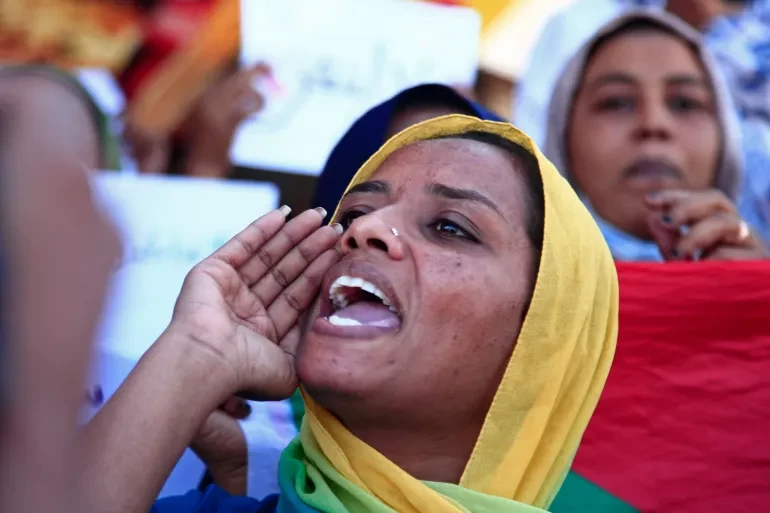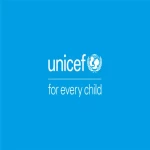As Sudan’s devastating conflict continues, a heartbreaking narrative emerges from the shadows: the widespread and systematic use of sexual violence against women, children, and the displaced. The accounts reveal the horrifying realities faced by victims, and the need for immediate action to address these atrocities and provide support to survivors.
The Grim Reality
Reports from the Strategic Initiative for Women in the Horn of Africa (SIHA) indicate a chilling scale of violence. In South Darfur’s Otash Internally Displaced Persons (IDP) camp alone, over 9,600 women, girls, and children were reportedly abducted and raped in just one month. This staggering figure underscores the extent of targeted violence, with survivors recounting harrowing stories of brutality and fear.
In South Khartoum, at least 30 cases of rape have been verified. Refugees and internally displaced women are particularly vulnerable, with at least six cases involving refugee women confirmed since the conflict began. These figures are likely only the tip of the iceberg, given the challenges of reporting and verifying such crimes amid ongoing violence.
Targeting the Most Vulnerable
The victims of these heinous acts are often those already facing unimaginable hardships. Refugees fleeing violence, internally displaced persons in camps, and children have become prime targets for perpetrators, including paramilitary forces like the Rapid Support Forces (RSF) and, in some instances, soldiers from the Sudanese army.
Neimat Abubaker Abas, a senior program adviser at SIHA, has spoken out about the atrocities, shedding light on the plight of these individuals. She emphasizes that these acts are not random but appear to be part of a systematic effort to instill terror and assert dominance over vulnerable communities.
The Role of Activists and Medical Professionals
Despite the dangers, activists, medical professionals, and organizations have been working tirelessly to document cases, raise awareness, and provide critical support to survivors. Social media platforms have become vital tools for sharing graphic details of attacks and warning others, even as connectivity issues hamper efforts.
Doctors and volunteers are forming informal networks to offer medical, psychological, and legal assistance to survivors, but the demand far outweighs available resources.
The International Call to Action
The international community must respond decisively to the crisis in Sudan. While humanitarian organizations are doing what they can under challenging circumstances, greater support is needed to:
- Provide safe shelters and medical care for survivors.
- Address the trauma through psychological counseling and social reintegration programs.
- Pressure Sudanese authorities and warring factions to end the violence and hold perpetrators accountable.
A Way Forward
The stories emerging from Sudan paint a picture of immense suffering but also resilience. Women, activists, and communities are banding together to protect and support one another in the face of unimaginable adversity. However, their efforts must be amplified by global attention and action.
It is not enough to document these atrocities; there must be justice for the survivors and a commitment to ending the impunity that allows such acts to continue. The voices of Sudanese women and children cannot be silenced—they demand to be heard, and they deserve a future free from fear and violence.
Conclusion
The situation in Sudan is a stark reminder of the human cost of conflict. While the world watches, it must also act. Survivors of sexual violence deserve justice, dignity, and the promise of a better tomorrow. Let us ensure their suffering is not in vain and that their voices echo across the globe as a call for change.







